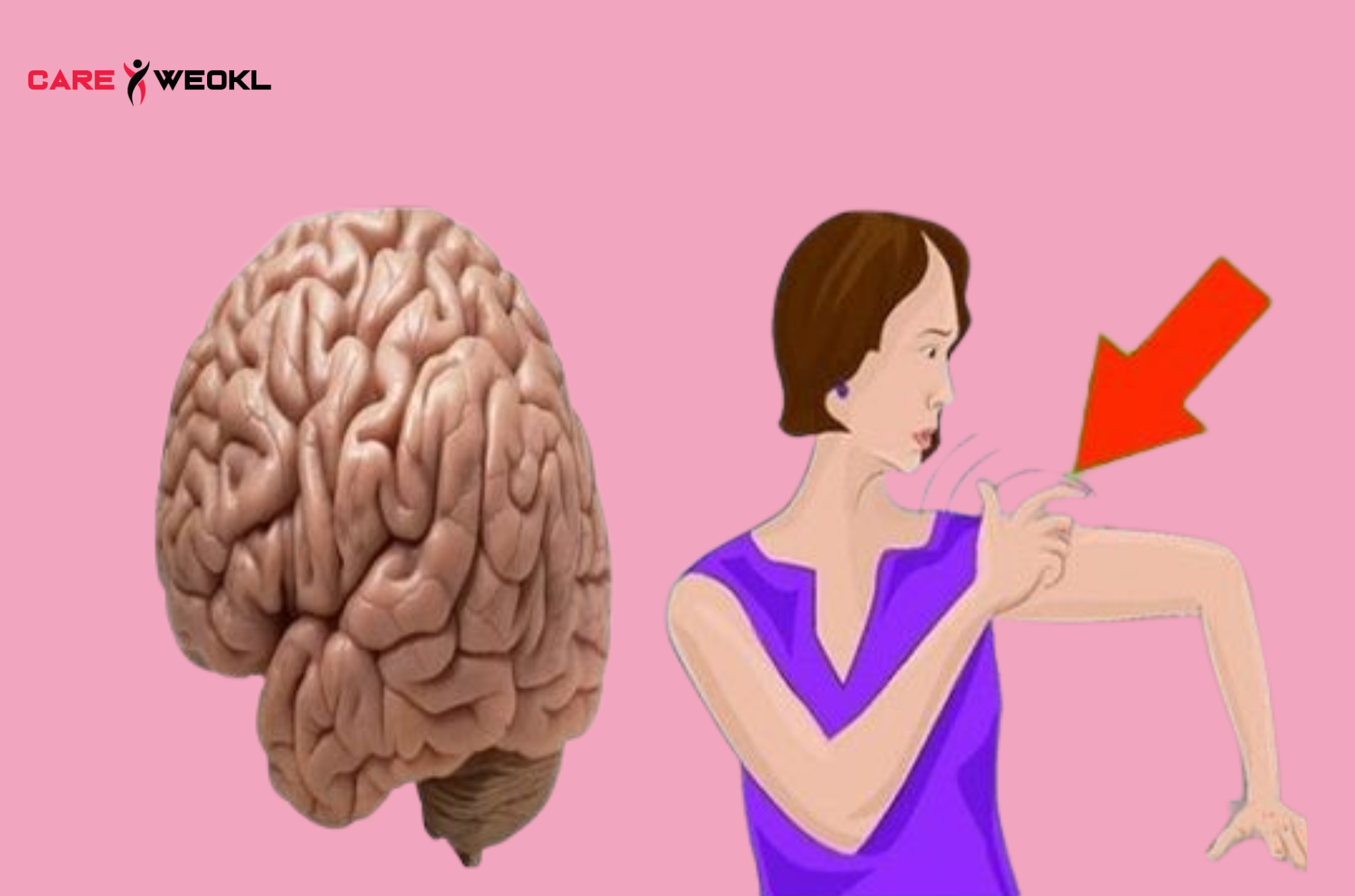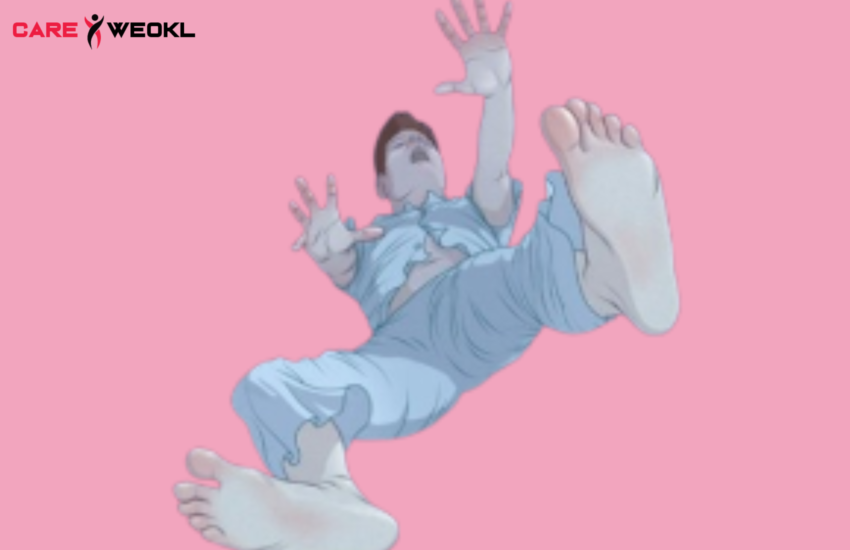ONE MONTH BEFORE STROKE YOUR BODY WILL SEND YOU THESE WARNING SIGNS
A stroke is a sudden, life-threatening event that can leave permanent damage. However, your body often sends warning signals long before a stroke occurs. Recognizing these early signs, which can appear up to a month before a stroke, can help you take preventive action. In this article, we’ll discuss the critical warning signs your body may show a month before a stroke.
- Sudden changes in vision
Sudden changes in vision, such as blurred vision, double vision, or even temporary blindness in one eye, are among the earliest signs of an impending stroke. These symptoms are caused by disruptions in blood flow to the areas of the brain responsible for vision.
For example, if you notice persistent visual disturbances that are unusual for you, it’s time to consult a healthcare professional.
- Frequent and severe headaches
Unexplained headaches or migraines that are more severe or frequent than usual can be a warning sign of a stroke. These headaches may be accompanied by other symptoms such as nausea or sensitivity to light.
Example: A sudden, severe headache that doesn’t respond to usual pain relief measures shouldn’t be ignored. - Numbness or tingling
A sudden feeling of numbness or tingling, especially on one side of the body, may indicate a stroke. These symptoms often affect the face, arm, or leg and may come and go.
Example: If you have difficulty raising your arm or if your face droops on one side, seek medical help immediately.
- Difficulty speaking or understanding speech
Speech problems, such as slurred speech, difficulty finding the right words, or difficulty understanding others, may be a warning sign. These problems are caused by disturbances in the language centers of the brain due to poor blood flow.
Example: If you or someone you know suddenly starts having trouble speaking, this is a serious warning sign. - Dizziness and balance problems
Sudden dizziness, lightheadedness, or loss of coordination may occur before a stroke. This happens when the balance and coordination centers in the brain are affected by reduced blood flow.
Example: If you experience unexpected dizziness or difficulty walking, consider this a possible warning sign. - Fatigue and general weakness
Feeling unusually tired or weak for no apparent reason can indicate an underlying cardiovascular problem that could lead to a stroke. These symptoms can appear long before a stroke, and are often overlooked due to stress or overwork.
Example: Persistent fatigue despite adequate rest warrants medical evaluation.
- Shortness of breath
Breathing difficulties, such as shortness of breath or feeling like you can’t get enough air, can be linked to heart and circulatory problems, which are risk factors for stroke.
Example: If you have difficulty breathing during daily activities, it could be a precursor to a stroke.
- High blood pressure
Consistently high blood pressure is a silent but powerful indicator that a stroke may be imminent. Monitoring and managing your blood pressure is crucial to preventing stroke.
Example: Regular checkups that show elevated readings should prompt immediate lifestyle changes or medical intervention.
Bottom line:
As early as one month before a stroke, your body can send out various warning signals that should not be ignored. Symptoms such as sudden changes in vision, severe headaches, numbness, difficulty speaking, and unexplained fatigue are all signs that something is wrong. Recognizing these early signs and seeking medical care right away can reduce your risk of stroke and help you take the necessary preventive measures.
If you experience any of these warning signs, see a healthcare professional right away. Early detection and intervention are key to preventing stroke and ensuring better health outcomes.



